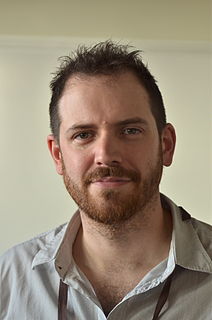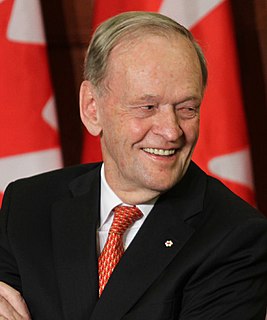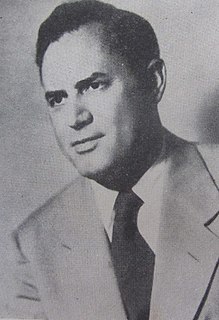A Quote by Albert Einstein
(Reply on what constitutes scientific proof:)"The question is much too difficult for me.
Related Quotes
I think the media in America have been absolutely fantastic about the rise of Trump, they've kept a firm eye on the ball: this constitutes democracy, this constitutes transparency, this constitutes fairness, this constitutes the way to behave in a civic society, this constitutes fascism, this constitutes authoritarianism. They're drawing that line, and they're calling him out every time. That's really what needs to happen, and you just have to do that.
This report has been difficult to write because it involves something that doesn't officially exist. It is well known that ever since the first flying saucer was reported in June 1947 the Air Force has officially said that there is no proof that such a thing as an interplanetary spaceship exists. But what is not well known is that this conclusion is far from being unanimous among the military and their scientific advisors because of the one word, proof; so the UFO investigations continue.
The basic question that the 'new science' raises for our balance sheet is the issue of what scientific questions have not been asked for 500 years, which scientific risks have not been pursued. It raises the question of who has decided what scientific risks were worth taking, and what have been the consequences in terms of the power structures of the world.
I am obliged to interpolate some remarks on a very difficult subject: proof and its importance in mathematics. All physicists, and a good many quite respectable mathematicians, are contemptuous about proof. I have heard Professor Eddington, for example, maintain that proof, as pure mathematicians understand it, is really quite uninteresting and unimportant, and that no one who is really certain that he has found something good should waste his time looking for proof.
Well, did he do it?" She always asked the irrelevant question. It didn't matter in terms of the strategy of the case whether the defendant "did it" or not. What mattered was the evidence against him -- the proof -- and if and how it could be neutralized. My job was to bury the proof, to color the proof a shade of gray. Gray was the color of reasonable doubt.





































